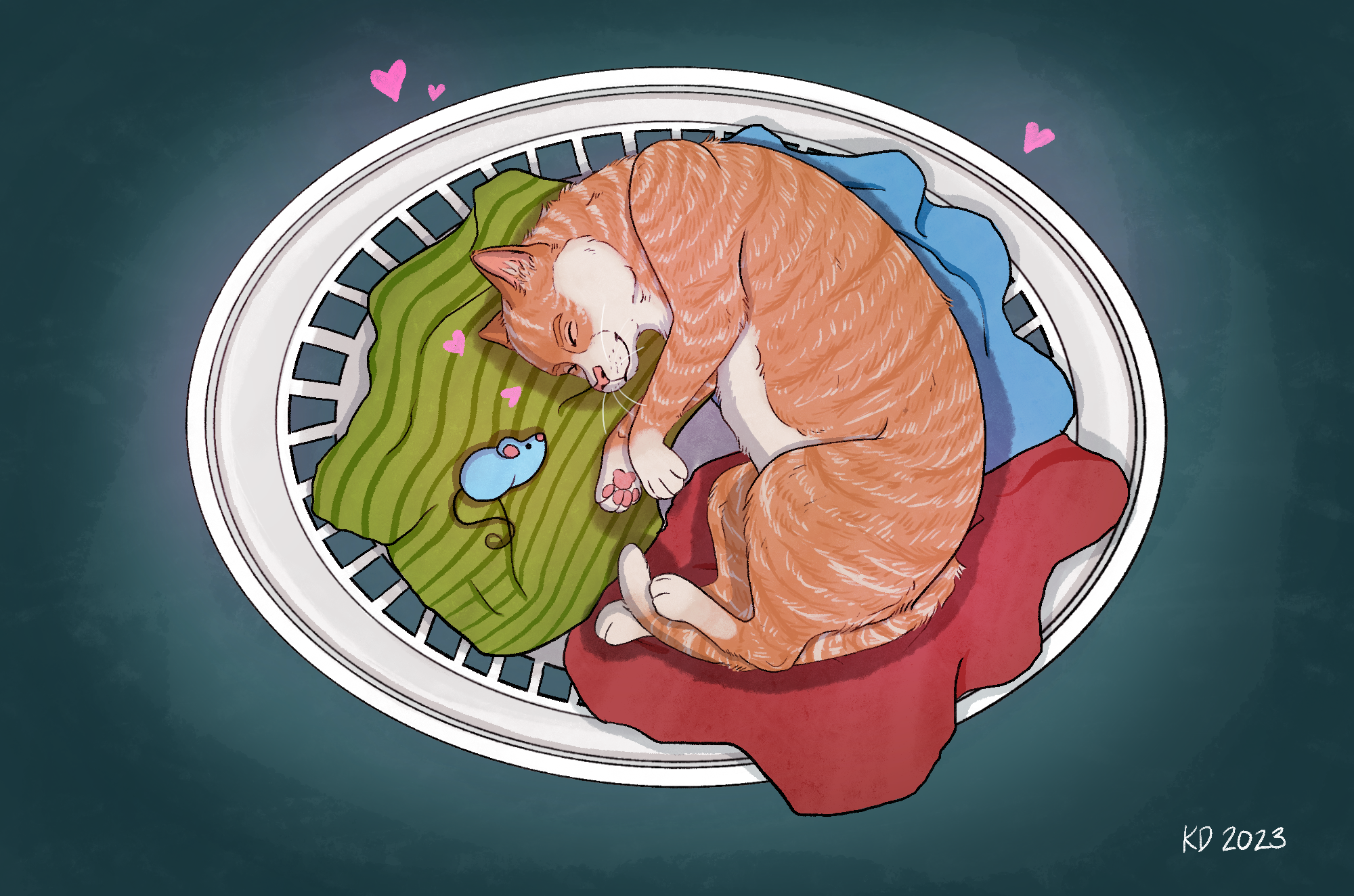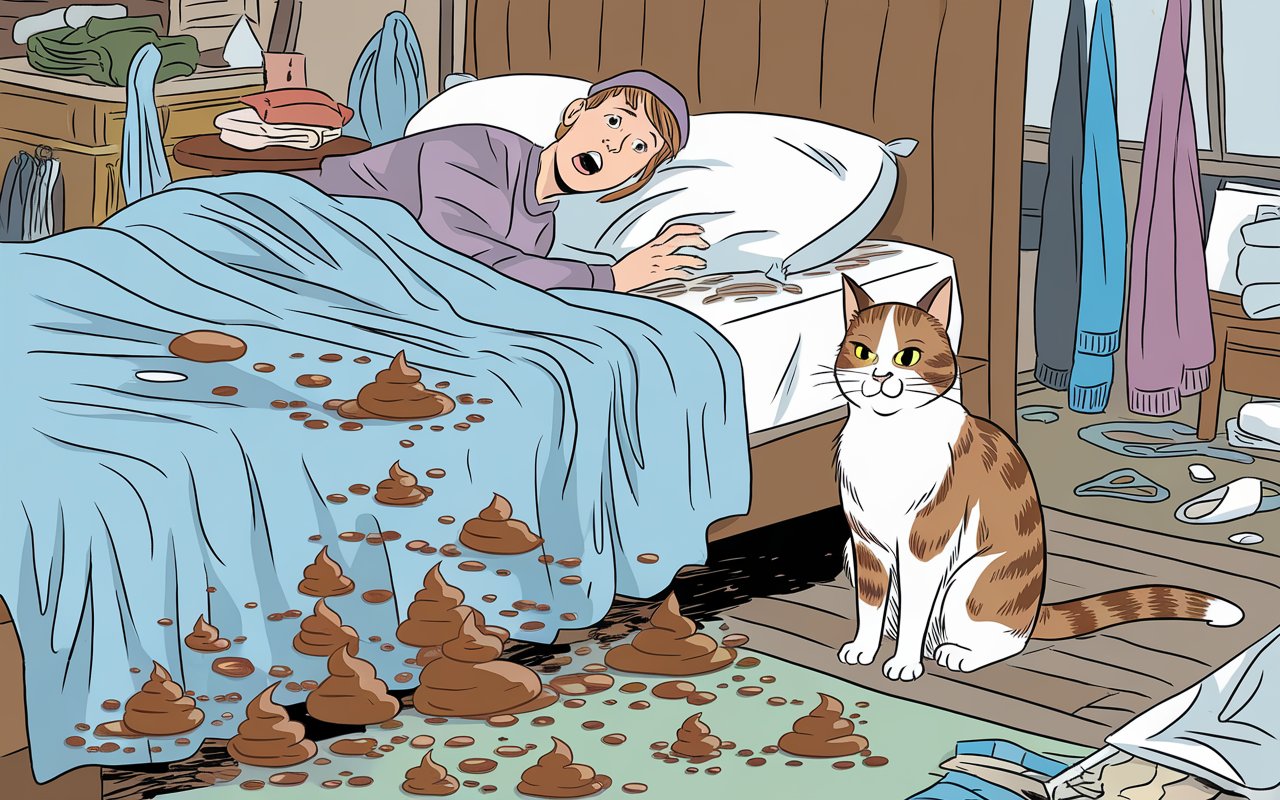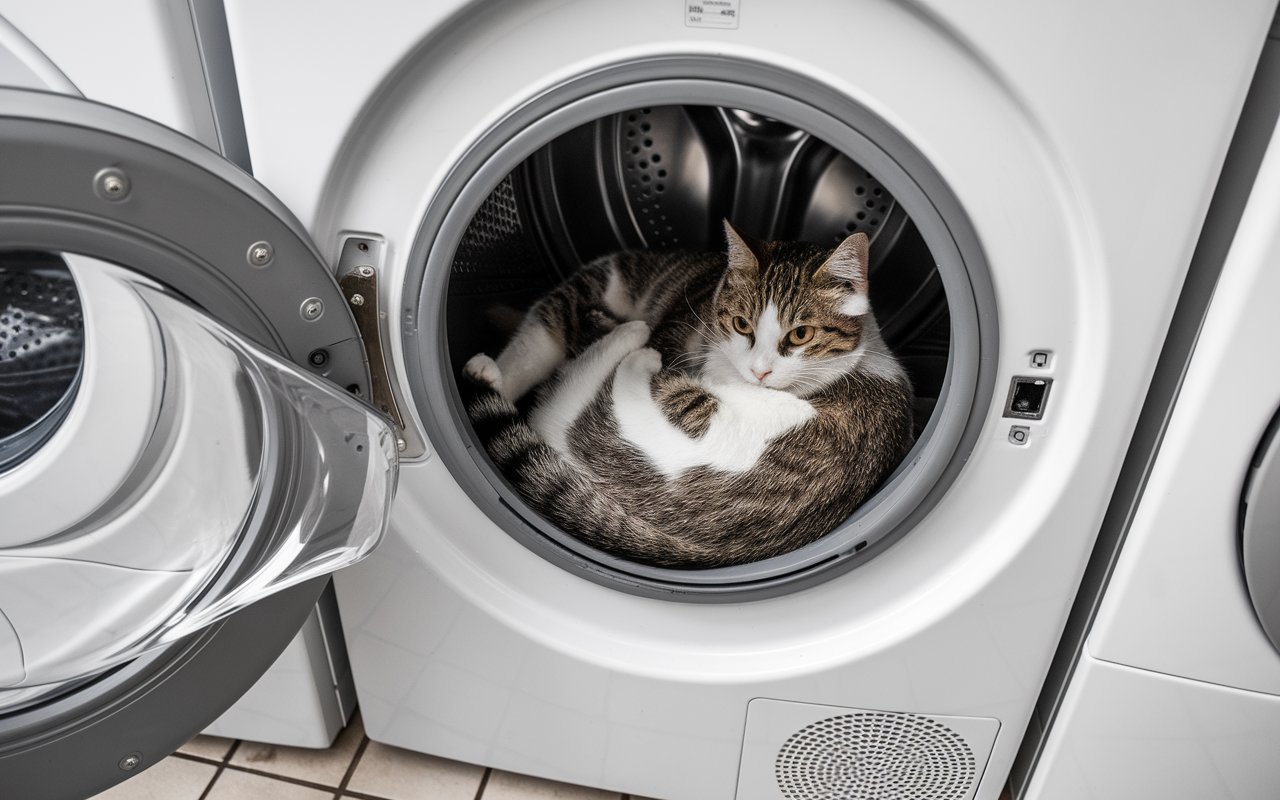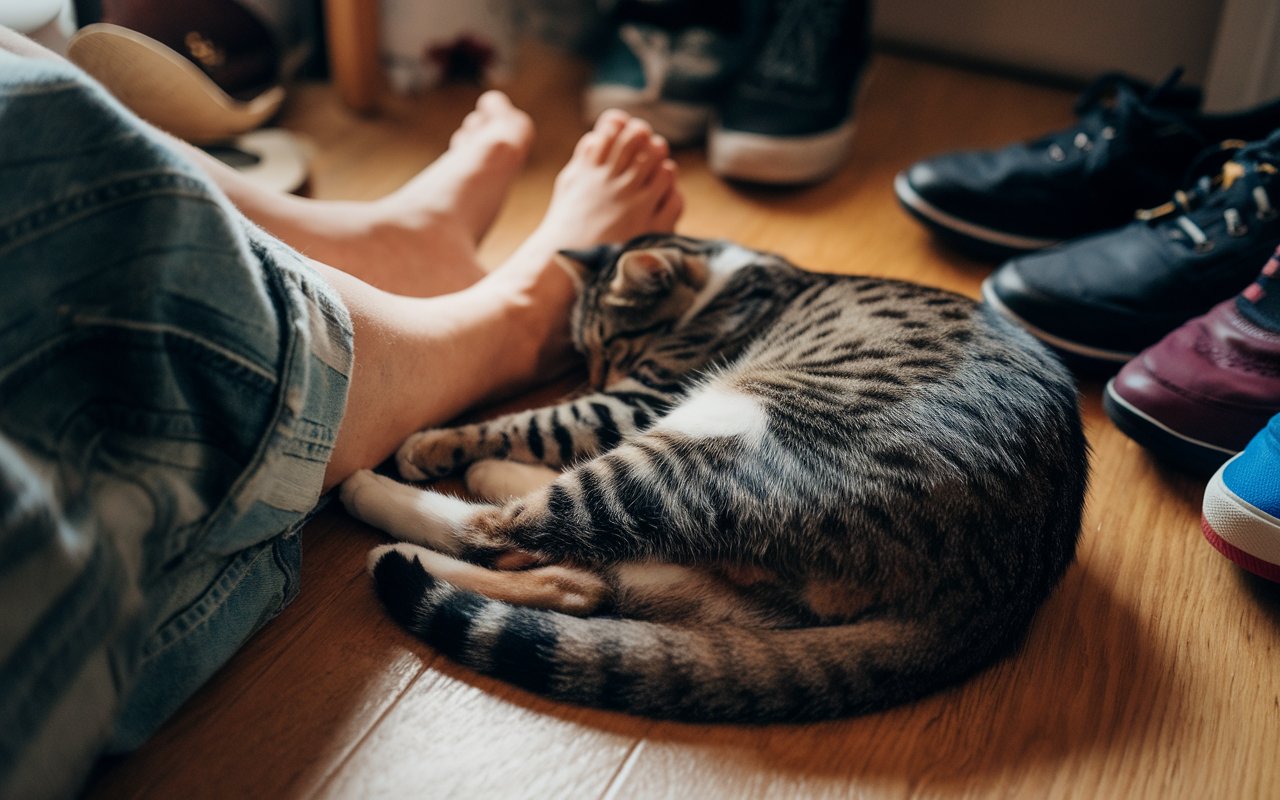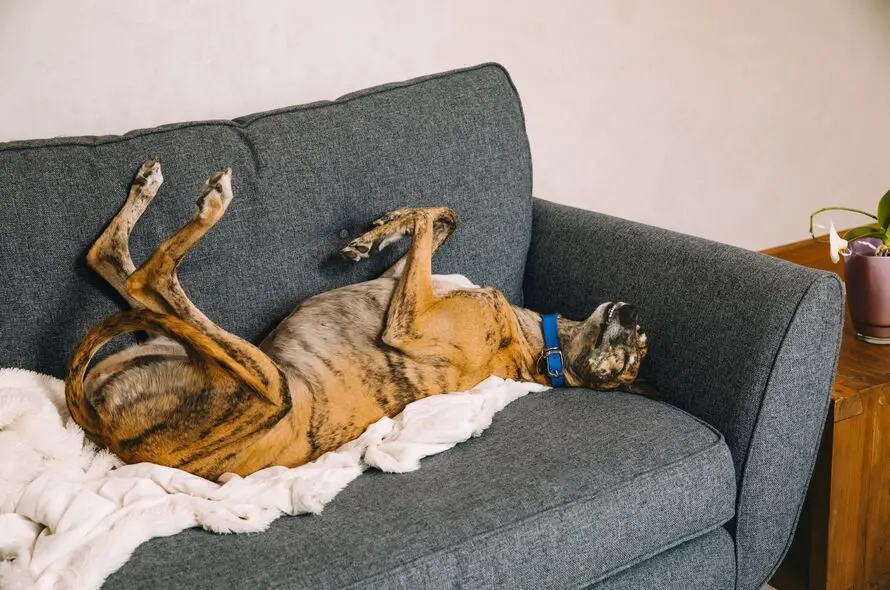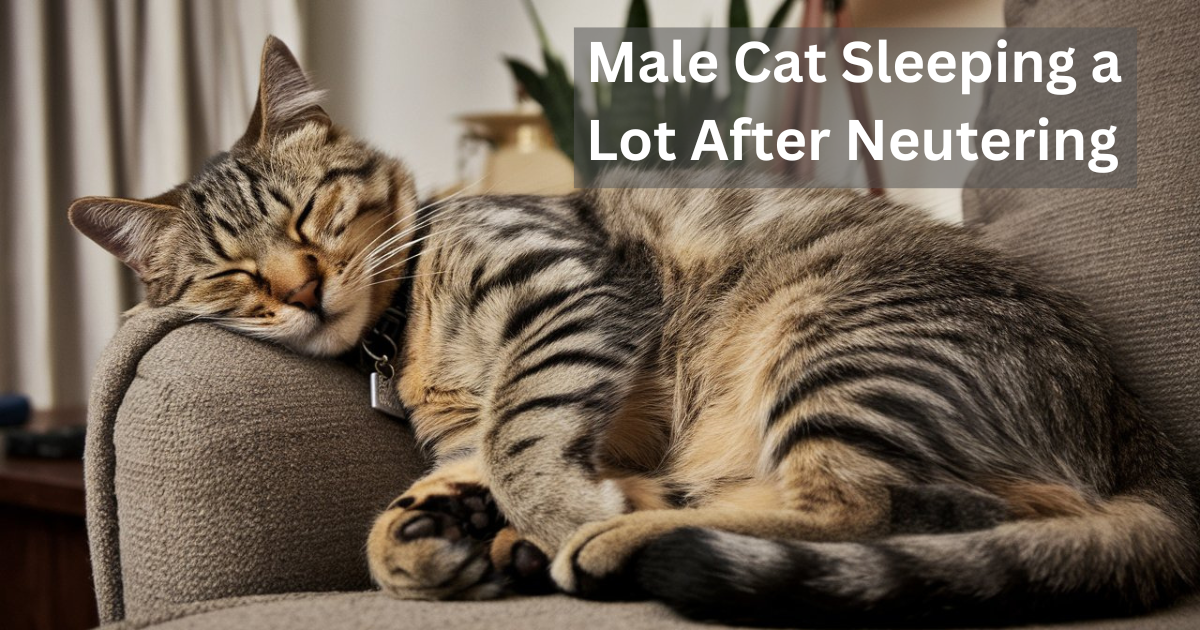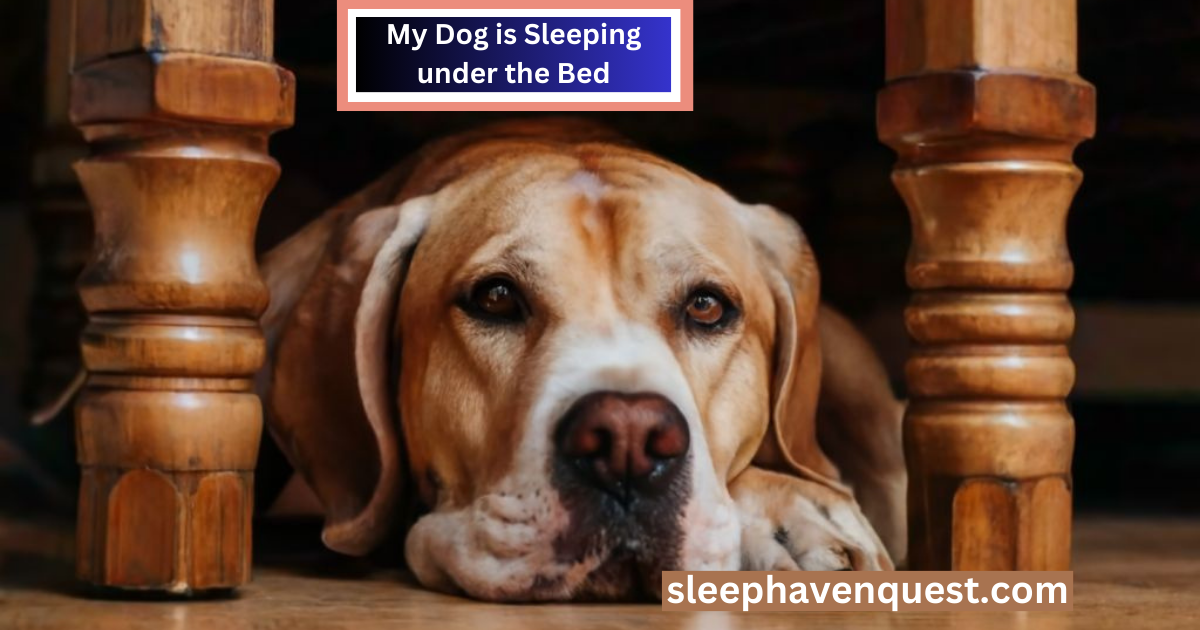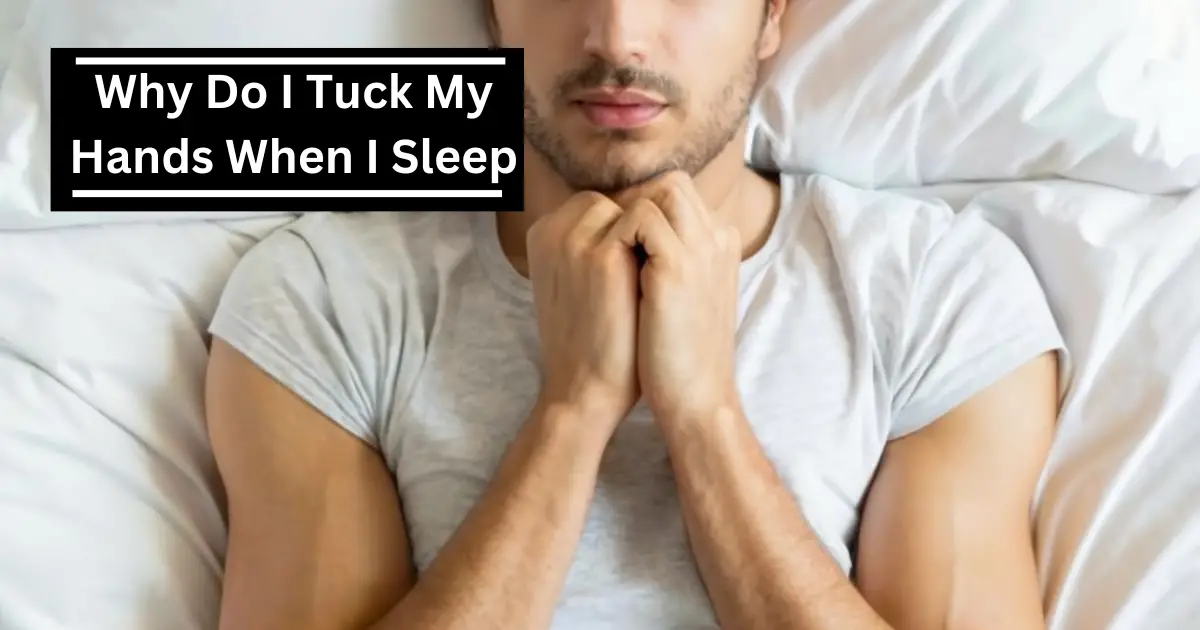Category: Pet-Friendly Sleep
-

Why is It Hard to Sleep on Christmas Eve? Unveiling the Mystery
Difficulty sleeping on Christmas Eve is often due to excitement and stress. Anticipation for the next day’s events can disrupt sleep patterns. Many individuals find themselves lying awake on Christmas Eve, the night sparkling with festive lights and a buzz of activity. Excitement runs high as both children and adults eagerly anticipate the joys of
-

Why is My Cat Sleeping Next to the Food Bowl?: Uncover Reasons!
Your cat is sleeping next to food for comfort or security reasons. It could also indicate territorial behavior. Cats are creatures of habit and their behavior often tells us a lot about their needs and feelings. If you have noticed your cat snoozing by its food dish, you may have wondered about the reasons behind this
-

Cat Pooped in Bed While I was Sleeping: Solving the Mystery
Your cat pooping in bed while you were sleeping indicates a potential health or behavioral issue. Immediate attention to this behavior is crucial for your pet’s well-being. Having your cat defecate in your bed is not only surprising but also a sign that something may be amiss with your furry friend. It could be a
-

Why Do Cats Sleep in Weird Places?: Cozy Mysteries Unveiled
Cats Sleep in Weird Places to feel safe and to maintain an optimal body temperature. They seek out spots that provide the best vantage point or comfort for resting. Cats have a natural instinct to find unique sleeping quarters that offer security and solitude. Whether nestled in a cardboard box or perched atop a high
-

Why Do Cats Sleep by My Feet?: Unveiling Feline Secrets
Cats often sleep by your feet due to safety and territorial reasons. This behavior provides warmth and comfort while maintaining close proximity. Cats are mysterious creatures, and their behaviors can leave many pet owners puzzled. One common habit is their tendency to snuggle up by your feet while you rest. This spot offers them a
-

Sleep Startle Reflex in Rescue Dogs: Tips to Calm
The sleep startle reflex in rescue dogs is a common involuntary response to unexpected noises or disturbances. It often signifies underlying stress or past trauma. Rescue dogs, having faced many adversities, frequently exhibit a pronounced sleep startle reflex. This instinctual reaction can occur when they’re abruptly awakened or startled by a loud sound. Understanding and
-

Male Cat Sleeping a Lot After Neutering: Recovery Insights
Male cats typically sleep more after neutering due to the physical and psychological effects of surgery. This increased rest aids in their recovery process. Neutering a male cat is a significant veterinary procedure that can influence your pet’s behavior, especially in the days following surgery. This common operation involves the removal of the testicles, which
-

Why Does My Dog Sleep With Her Tongue Out?: Canine Quirks Explained
Your dog sleeps with her tongue out due to relaxation or a condition called “hanging tongue syndrome.” Dogs often extend their tongues in deep sleep when their muscles are completely relaxed. Many pet owners notice their furry companions sleeping with tongues peeking out. This adorable behavior is typically a sign of your dog being in
-

Why Does My Dog Make Bubble Noises When Sleeping?: Unraveling the Mystery
Your dog may make bubble noises while sleeping due to relaxed throat muscles. These sounds are often caused by normal breathing patterns during rest. Dogs, like humans, can exhibit various behaviors and noises while they snooze, and one particularly curious sound is the bubble noise some dogs emit. Owners might wonder if this phenomenon indicates
-

My Dog is Sleeping under the Bed: Cozy Havens Unveiled
Your dog sleeping under the bed may be seeking a safe, cozy spot. It’s a common behavior among canines. Discovering your dog nestled under the bed can be charming yet perplexing. Often, dogs choose this secluded area for its den-like feel, which provides comfort and security. This behavior traces back to their ancestral instincts of
-

Cats’ Eyes Rolling Back While Asleep: Decode the Mystery!
Cats’ eyes rolling back in their heads during sleep is normal behavior associated with deep relaxation. This eye movement usually indicates REM sleep, where dreams occur. Cats, much like their human counterparts, experience various sleep cycles, and it’s important for pet owners to understand this natural phenomenon. Observing your cat’s eyes rolling back while they’re
-

My Dog Sleeps on My Head: Decoding Canine Cuddles
Your dog sleeps on your head likely as a sign of affection or for security. It may also seek warmth or be a habit developed from puppyhood. Dogs often choose to sleep close to their owners for comfort and bonding. When your furry friend decides your head is the perfect pillow, it’s typically a blend
-

Why Do I Tuck My Hands When I Sleep?: Unveiling Comfort Secrets
Tucking hands while sleeping can be a habit or a comfort measure. It might also relate to a natural instinct for warmth and protection. Sleeping with hands tucked can originate from various factors, including personal comfort, temperature regulation, or instinctive behavior for safety. For some, this position mimics the natural pose in the womb, offering

